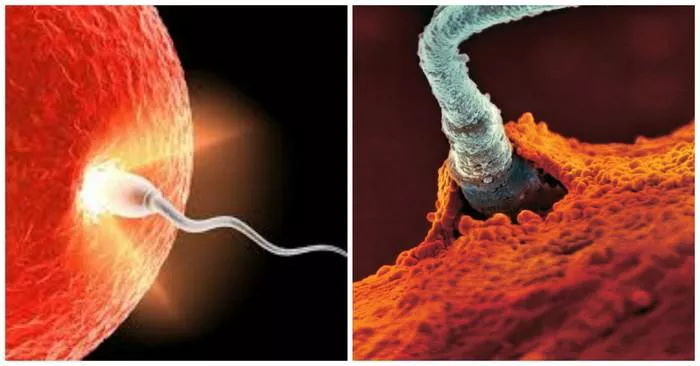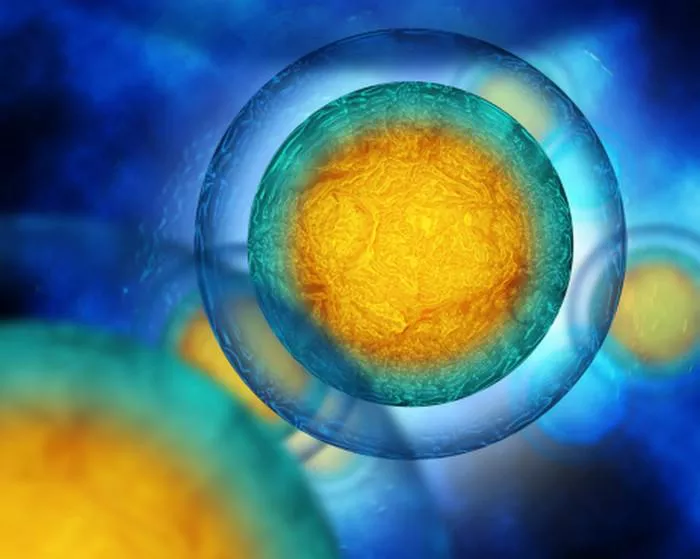Contraceptive implants, a popular form of long-acting reversible contraception, offer effective pregnancy prevention for those seeking a reliable birth control method. However, once the decision is made to discontinue contraception and conceive, individuals often wonder about the timeline for regaining fertility. In this article, we will explore the contraceptive implant, its effect on fertility, the process of fertility restoration post-removal, insights from medical professionals, patient experiences, health and lifestyle considerations, FAQs, and available resources and support for those planning to conceive after implant removal.
Explanation of the Implant
A contraceptive implant is a small, flexible rod inserted under the skin of the upper arm. It releases progestin, a hormone that prevents ovulation, thickens cervical mucus, and thins the uterine lining, thus inhibiting pregnancy. Implants provide long-term contraception, typically remaining effective for three to five years, depending on the brand.
Effect on Fertility
During the period of implant use, fertility is suppressed, and individuals are unable to conceive. The contraceptive action of the implant ceases once it is removed, allowing the body to resume its natural reproductive functions. However, the timeline for fertility restoration varies among individuals and can be influenced by factors such as age, overall health, and the body’s response to hormonal changes.
Fertility Restoration
After the removal of the contraceptive implant, fertility typically returns within a relatively short period. For some individuals, ovulation may resume within a few days to weeks, while for others, it may take several months for menstrual cycles to normalize and ovulation to occur. On average, most individuals regain fertility within three to six months after implant removal, although this timeline can vary.
Medical Insights
Dr. Emily Carter, a reproductive endocrinologist, emphasizes, “The return to fertility after contraceptive implant removal is generally swift, with most individuals able to conceive within a few months. However, it’s essential to understand that individual factors can influence this timeline, and it may take longer for some individuals to resume regular ovulation and conceive.”
Medical professionals recommend tracking menstrual cycles and ovulation signs post-implant removal to monitor fertility. For those experiencing prolonged delays in fertility restoration, consultation with a healthcare provider may be warranted to assess any underlying issues or provide guidance on optimizing fertility.
Patient Experiences
Many individuals share their experiences of successfully conceiving after contraceptive implant removal. Sarah, 32, recounts, “I had my implant removed, and within a couple of months, my menstrual cycles returned to normal, and I was able to conceive shortly after.” These personal stories offer hope and encouragement to others navigating fertility post-implant removal.
Health and Lifestyle
Maintaining a healthy lifestyle can support the return of fertility after contraceptive implant removal. Eating a balanced diet, engaging in regular exercise, managing stress, and avoiding harmful substances can optimize reproductive health and enhance the chances of conception. Additionally, taking prenatal vitamins containing folic acid can prepare the body for pregnancy and support fetal development once conception occurs.
FAQ Section
How long does it take to regain fertility after contraceptive implant removal?
Fertility typically returns within three to six months after implant removal, although individual variations may occur.
Are there any factors that can delay fertility restoration?
Age, overall health, and the body’s response to hormonal changes can influence the timeline for fertility restoration.
Is it possible to conceive immediately after implant removal?
While ovulation can resume shortly after implant removal, conception may not occur immediately, as it depends on various factors such as timing and fertility status.
Should I consult a healthcare provider if fertility does not return after implant removal?
If fertility does not resume within six months post-implant removal, it may be advisable to consult a healthcare provider for evaluation and guidance.
Conclusion
In conclusion, while contraceptive implants offer effective pregnancy prevention, they do not permanently affect fertility. Fertility typically returns within a few months after implant removal, allowing individuals to conceive when desired. By understanding the process of fertility restoration, seeking guidance from medical professionals when needed, and maintaining a healthy lifestyle, individuals can optimize their chances of conception after contraceptive implant removal.























